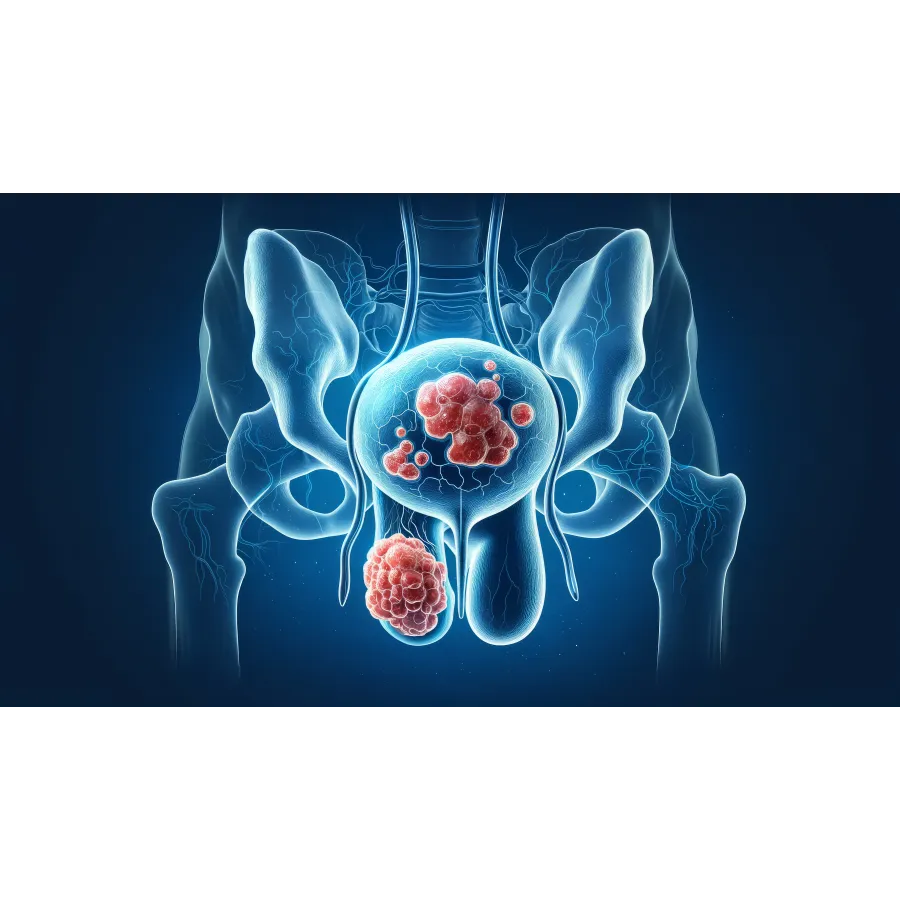Elevated PSA Treatment in Atlanta
Understanding the Prostate Gland and Elevated PSA:
The prostate gland is a crucial part of the male reproductive system, playing a vital role in fertility and urinary health. Located below the bladder and above the penis, the prostate surrounds the urethra, the tube responsible for carrying urine from the bladder out of the body. The prostate secretes prostate-specific antigen (PSA), which can become elevated due to a variety of reasons, including inflammation, infection, benign enlargement, or prostate cancer.

The Role of the Prostate in Reproduction
The prostate produces prostate fluid, which is a key component of semen. During ejaculation, sperm travel from the testicles to the area near the prostate, where prostate fluid is added. This mixture of sperm and prostate fluid forms semen, about one-third of which consists of prostate fluid. This process is essential for male fertility.

Benign Prostatic Hyperplasia (BPH) and Prostate Enlargement
As men age, the prostate naturally begins to enlarge, typically starting around the age of 40. This condition, known as benign prostatic hyperplasia (BPH), is caused by a combination of aging, genetics, and the release of testosterone by the testicles. BPH often results in an increase in PSA levels.
The prostate, which is normally about the size of a walnut, surrounds the urethra. As it enlarges, it can press against the urethra, reducing its diameter. This causes the bladder muscles to thicken, which can interfere with the flow of urine. Symptoms include frequent urination, a weak urine stream, and incomplete bladder emptying.

Complications Of
Prostate Enlargement
In more severe cases of prostate enlargement, urine may back up, leading to recurrent urinary tract infections (UTIs), bladder stones, and even potential kidney damage. As the prostate continues to grow, it naturally produces more PSA, which can result in elevated levels circulating in the bloodstream.

Diagnosing the Cause of PSA Elevation
Determining the cause of elevated PSA is essential to proper treatment. Our team at Advanced Urology specializes in identifying whether your PSA elevation is due to benign prostate enlargement, infection, inflammation, or prostate cancer. Using advanced diagnostics and cutting-edge technology, we provide accurate diagnoses and personalized treatment plans to ensure optimal outcomes.

